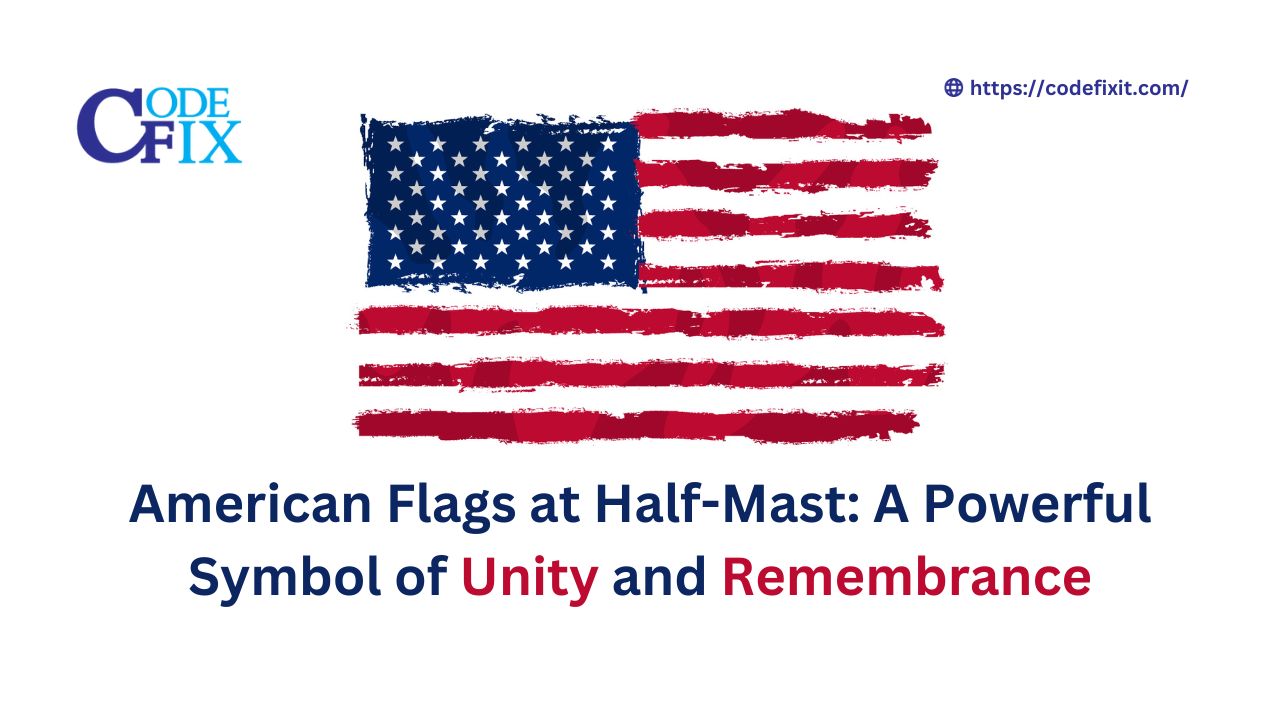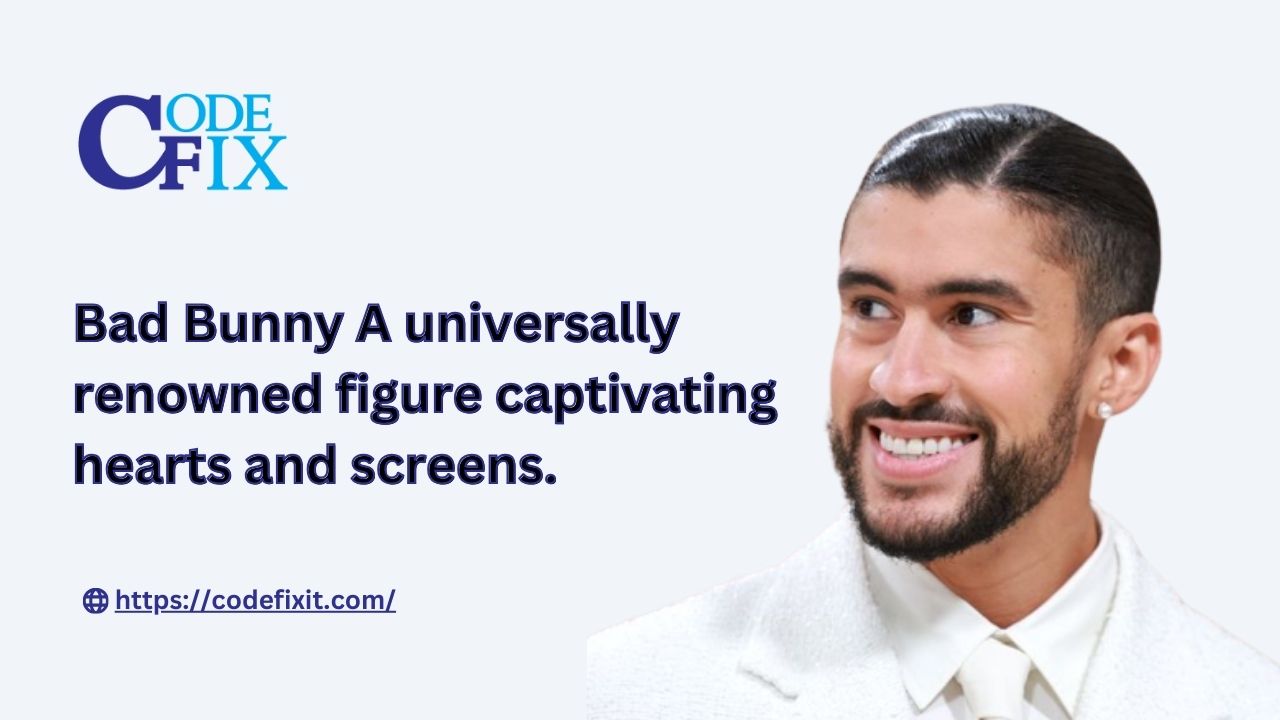In the world of Latin music, Bad Bunny, whose real name is Benito Antonio Martinez Ocasio, has emerged as a trailblazing figure, redefining the boundaries of reggaeton and challenging conventional norms within the genre. With his distinctive style, unapologetic lyrics, and a commitment to breaking gender and identity stereotypes, Bad Bunny has become more than just a reggaeton sensation; he is a cultural force. In this article, we will delve into the profound impact that Bad Bunny has had on the representation of gender and identity in reggaeton. From his music to his fashion choices, he has managed to spark conversations and push the boundaries, all while amassing a global following. Join us as we explore the Bad Bunny phenomenon and his journey toward reshaping the narrative of gender and identity in one of the world’s most popular music genres.
How his music challenges traditional gender roles and norms in the genre
Bad Bunny’s music challenges traditional gender roles and norms in the reggaeton genre in several significant ways
Lyrics Defying Gender Expectations: In his lyrics, Bad Bunny often challenges traditional gender roles by addressing topics that go beyond stereotypical masculinity. He openly expresses vulnerability, emotions, and experiences that have not been common themes in reggaeton. This helps break down the perception that men in the genre must adhere to a hyper-masculine image.
Embracing Femininity: Through his music and public persona, Bad Bunny actively embraces elements of femininity. He is known for his colorful and bold fashion choices, which include wearing nail polish and skirts. By doing so, he defies the societal norms that associate certain clothing or grooming practices with a specific gender.
Empowering Women: Many of his songs celebrate and empower women, emphasizing their strength and independence. “Yo Perreo Sola” is a prime example, as it encourages women to dance alone and assert their autonomy.
Advocating for LGBTQ+ Inclusivity: Bad Bunny is a vocal advocate for LGBTQ+ rights and inclusivity. His music often includes LGBTQ+ themes, and he uses his platform to support the community, helping challenge stereotypes and prejudice against gender and sexual diversity.
Collaborations with Female Artists: Bad Bunny frequently collaborates with female artists, giving them a prominent voice in the genre. These collaborations help counter the historic male dominance in reggaeton and promote gender equality within the industry.
Positive Role Model: Bad Bunny’s willingness to challenge gender norms and embrace his individuality makes him a positive role model for fans who may feel constrained by societal expectations. He shows that it’s acceptable to be true to oneself, regardless of gender norms.
In summary, Bad Bunny’s music challenges traditional gender roles by breaking down stereotypes, encouraging inclusivity, and promoting a more diverse and accepting reggaeton culture. He has become a symbol of individuality and authenticity in an industry that has often been criticized for perpetuating rigid gender expectations.
Music Challenges
Bad Bunny’s music challenges traditional norms and expectations in several ways they are
Lyrics and Themes: Many of his songs contain explicit and unfiltered lyrics that address topics such as love, sexuality, mental health, and social issues. He openly discusses subjects that were traditionally considered taboo in reggaeton and Latin music.
Gender Fluidity: Bad Bunny has challenged conventional gender roles and norms in his music. He often blurs the lines between masculinity and femininity, both in his lyrics and his public persona. He frequently incorporates elements traditionally associated with femininity in his fashion and style.
Representation of the LGBTQ+ Community: He is a strong advocate for LGBTQ+ rights and often includes LGBTQ+ themes in his music. For example, his song “Yo Perreo Sola” is an anthem of empowerment for women and the LGBTQ+ community.
Collaborations: Bad Bunny collaborates with a diverse range of artists, including those from different musical genres, nationalities, and backgrounds. These collaborations help break down barriers and promote diversity and inclusion in the music industry.
Social Commentary: Many of his songs contain social commentary and address issues such as poverty, racism, and violence. He uses his platform to shed light on these critical societal challenges.
Fighting Machismo: In his music, Bad Bunny takes a stance against machismo, a deeply ingrained cultural concept of male dominance and toughness. He advocates for a more sensitive and empathetic version of masculinity, which is a departure from the hyper-masculine image traditionally associated with reggaeton.
Challenging Objectification: Bad Bunny’s songs often challenge the objectification of women that has been present in reggaeton lyrics. He emphasizes respect and consent, contributing to a more equitable and less objectifying portrayal of women in the genre.
Embracing Vulnerability: Through his music, Bad Bunny is unafraid to express vulnerability and personal struggles. This vulnerability is often seen as countercultural in the reggaeton genre, where artists tend to project an image of invincibility.
Promoting Acceptance and Tolerance: Beyond gender roles, Bad Bunny’s music promotes acceptance and tolerance for all individuals, regardless of their gender identity, sexual orientation, or background. His inclusive approach helps create a more welcoming and diverse reggaeton community.
Reshaping the Reggaeton Narrative: Bad Bunny’s impact extends beyond his music to his overall public image and statements. He uses his platform to challenge societal norms, encourage self-acceptance, and advocate for social change, contributing to a more inclusive and progressive reggaeton culture.
In these various ways, Bad Bunny’s music challenges the conventions and stereotypes that have historically defined reggaeton, paving the way for a more inclusive and accepting future for the genre. Bad Bunny’s music challenges the status quo and encourages a more open and inclusive approach to gender, identity, and social issues within the reggaeton genre and beyond.
In conclusion, Bad Bunny’s music has undeniably left an indelible mark on the reggaeton genre by challenging traditional gender roles and norms. Through his unapologetic lyrics, bold fashion choices, and unwavering advocacy for inclusivity and diversity, he has reshaped the narrative of what it means to be a reggaeton artist in the 21st century. Bad Bunny’s willingness to defy gender expectations by openly discussing vulnerability, embracing femininity, and advocating for the LGBTQ+ community has not only expanded the thematic boundaries of the genre but has also broken down long-standing stereotypes. He has become a beacon of individuality, inspiring others to be authentic and unapologetically themselves.
In a world where music can be a powerful agent of social change, Bad Bunny's influence extends far beyond the realm of entertainment. He is a symbol of progress, acceptance, and the ongoing journey toward a more inclusive and diverse reggaeton culture. As he continues to break down barriers and inspire both fans and fellow artists, the impact of his music on gender and identity in reggaeton remains a remarkable testament to his artistry and advocacy.






